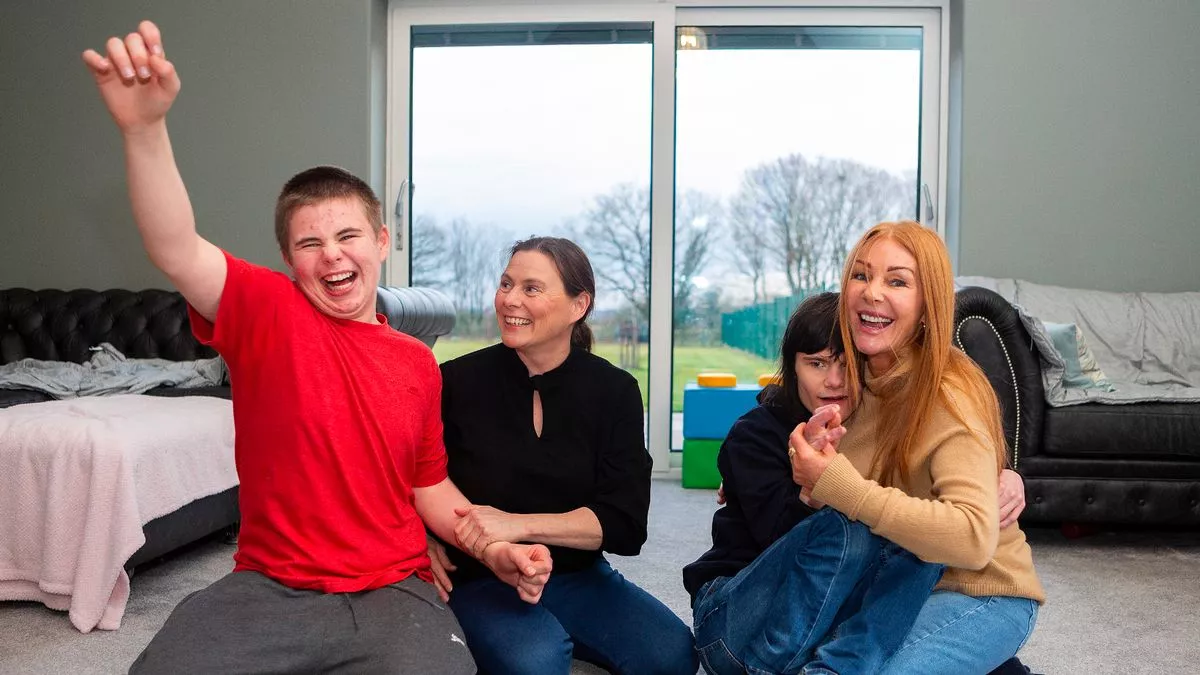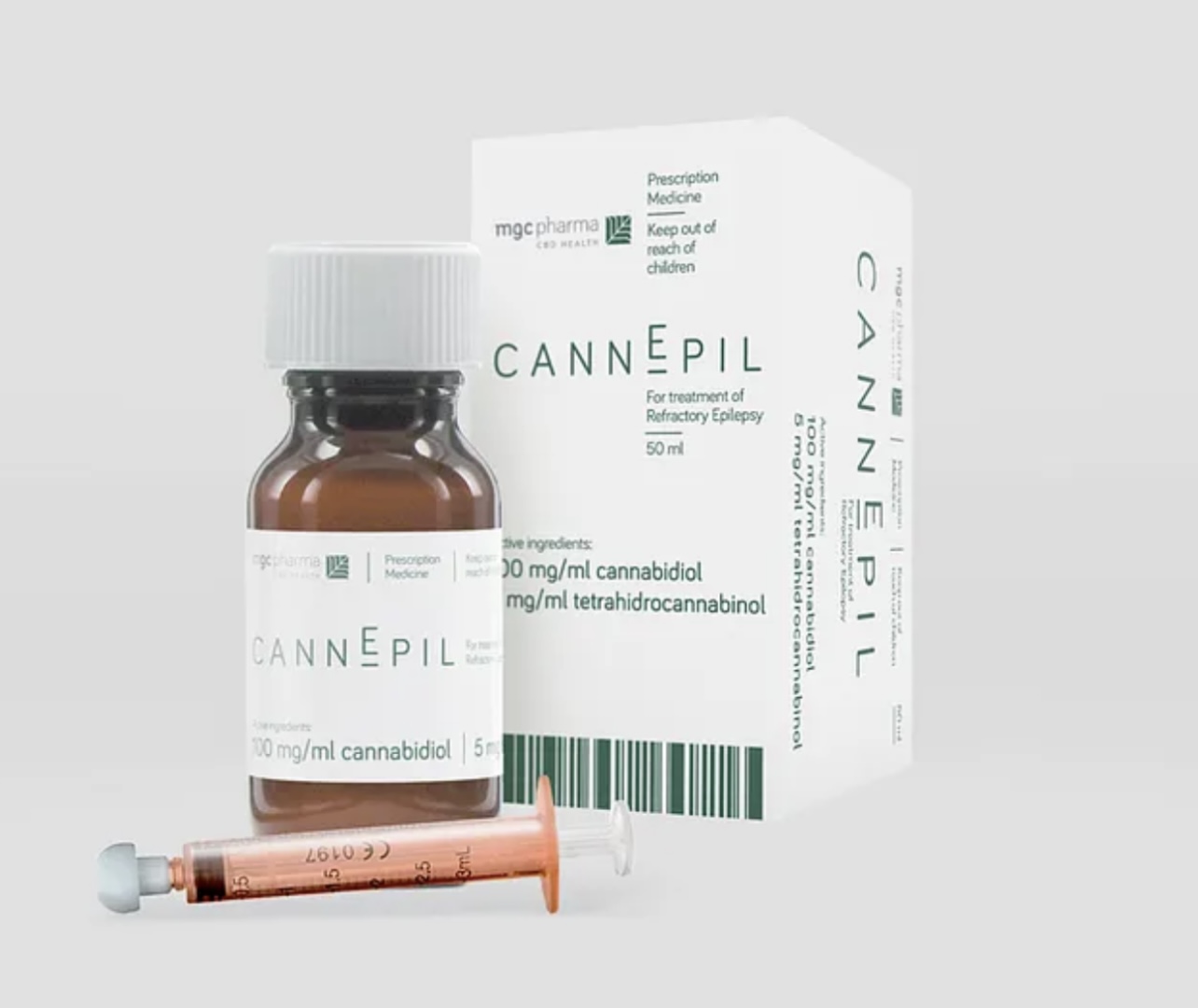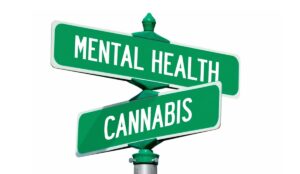I am Charlotte, proud mummy to Billy, the little boy who, in just 8 days flat, catalysed a change in the UK cannabis laws after his medicine was confiscated at London Heathrow in June 2018. Billy was issued the first UK license for prescription cannabis and received the first-ever whole plant cannabis prescription funded by the NHS to treat his drug resistant epilepsy. Naively, I assumed that all the other little Billy’s, who require prescription and many other patients with a wide spectrum of conditions would be able to access it through the NHS. I couldn’t have been more wrong. As it turns out, Billy was simply in the right place at the right time.
While this was a momentous occasion that opened the door for thousands of other patients to access prescription cannabis, it also paved the way for the development of a UK Cannabis Industry. However, as I sit down to write this blog today, I am somewhat disheartened and astonished by the unethical reality that has developed.
“In recent years, as a mother, I’ve witnessed a troubling trend in the cannabis industry: the unjustifiably high cost of prescription cannabis, particularly for children like Billy who desperately need it. It’s heart-wrenching to see families burdened with monthly bills reaching up to £2000, just to provide their children with the vital cannabis-based medications they require for their health conditions.”
This raises a critical question that weighs heavily on my mind: why are we allowing this exploitation to persist and jeopardize our children’s well-being?
First and foremost, as a mother, I understand the undeniable medical benefits that cannabis can offer for certain conditions, especially paediatric epilepsy, chronic pain etc. For many children, including mine, cannabis-based treatments offer hope and relief when traditional medications fall short. However, the exorbitant pricing effectively puts these life-changing treatments out of reach for too many families, creating an unbearable situation where financial constraints determine whether our children live or die.
One contributing factor to this distressing dilemma is the lack of comprehensive regulation and oversight within the cannabis industry. While cannabis legalization has made strides in many areas, the regulatory framework often fails to adequately address pricing practices. Without clear guidelines in place, companies are free to exploit the demand for cannabis-based medications, setting prices at levels that are both unjustifiable and unethical.
Moreover, the persistent stigma surrounding cannabis continues to influence public perception and policymaking, making it even harder for mothers like me to advocate for affordable access to these essential medications for our children. Despite the growing recognition of cannabis as a legitimate medical treatment, outdated attitudes linger, impeding efforts to prioritize affordability for those in need. This stigma may contribute to policymakers’ reluctance to intervene in pricing practices within the cannabis industry, perpetuating the cycle of exploitation and suffering.

Harry Siddans and his mother Maria pictured with Billy Caldwell and his mother Charlotte from the I Am Billy Foundation after hearing the news Bod Australia was prepared to gift Harry’s lifesaving medicine.
I want to cut through the fake news saturating the field by delving into the current situation in the UK regarding medical cannabis access for children with refractory epilepsy.
Currently, around 70 children in the UK suffering from Refractory Epilepsy have been granted access to prescription cannabis treatment through private channels. In the current context,a very small group. Those prescribers, however, are not accepting new patients at this time.
The recent barrage of negative press targeting the British Paediatric Neurology Association (BPNA) has sparked an unnecessary conflict, fracturing the unity we desperately need among clinicians to aid our children. Despite repeated pleas from the BPNA and Department of Health and Social Care for clinical trials on cannabis-based medications in paediatric epilepsy, the industry has turned a deaf ear. However, the BPNA and NHS is stepping in with two clinical trials. It’s crucial to note that conducting these trials falls within the purview of medical manufacturers, not the BPNA or our esteemed NHS.
While some segments of the UK cannabis industry have heavily invested in lobbying and patient advocacy groups they have failed to prioritize patient needs or conduct adequate trials, especially for vulnerable children. Nearly six years on since Billy changed the law and one can’t help but wonder: if these resources were directed towards clinical trials instead, would these children now have access to life-saving medication through the NHS?
Despite eight medical manufacturers supplying eight different cannabis-based products to these patients, families continue to bear a significant financial burden, raising concerns about why these companies cannot offer discounted or gifted medicines to ease their strain.
A heartfelt appreciation goes out to Jo Patterson of Bod Science and Roby Zomer of MGC Pharmaceuticals, who has generously provided medicine at no cost for this past year and continues to do so.
If Bod and MGC can extend such generosity, why can’t other medical manufacturers follow suit for this group of patients?

Lets look at the numbers
8 x Medical Manufacturers = 8 x varieties Cannabis based medicine currently been prescribed.
70 x Epileptic Children
= 1 MM gift/discount x 8 children
Why has this not happened? Why?
Addressing this urgent issue demands a concerted effort from all stakeholders.
Furthermore regulators must make it a priority to establish fair pricing guidelines within the cannabis industry, ensuring that medications remain accessible to all patients who depend on them.
Additionally, combating stigma and increasing awareness of the medical benefits of cannabis are essential steps in reshaping public perception and garnering support for initiatives aimed at ensuring affordable access for all patients.

As a mother, I refuse to accept the status quo where children are charged £2000 per month for prescription cannabis. It’s morally reprehensible and simply unacceptable. It’s time for decisive action from the industry to address this injustice and ensure that essential medications are within reach for these children, regardless of their families financial circumstances. All these children require is generosity.
Our children’s health and well-being must always take precedence over profit margins.
Charlotte…… x







